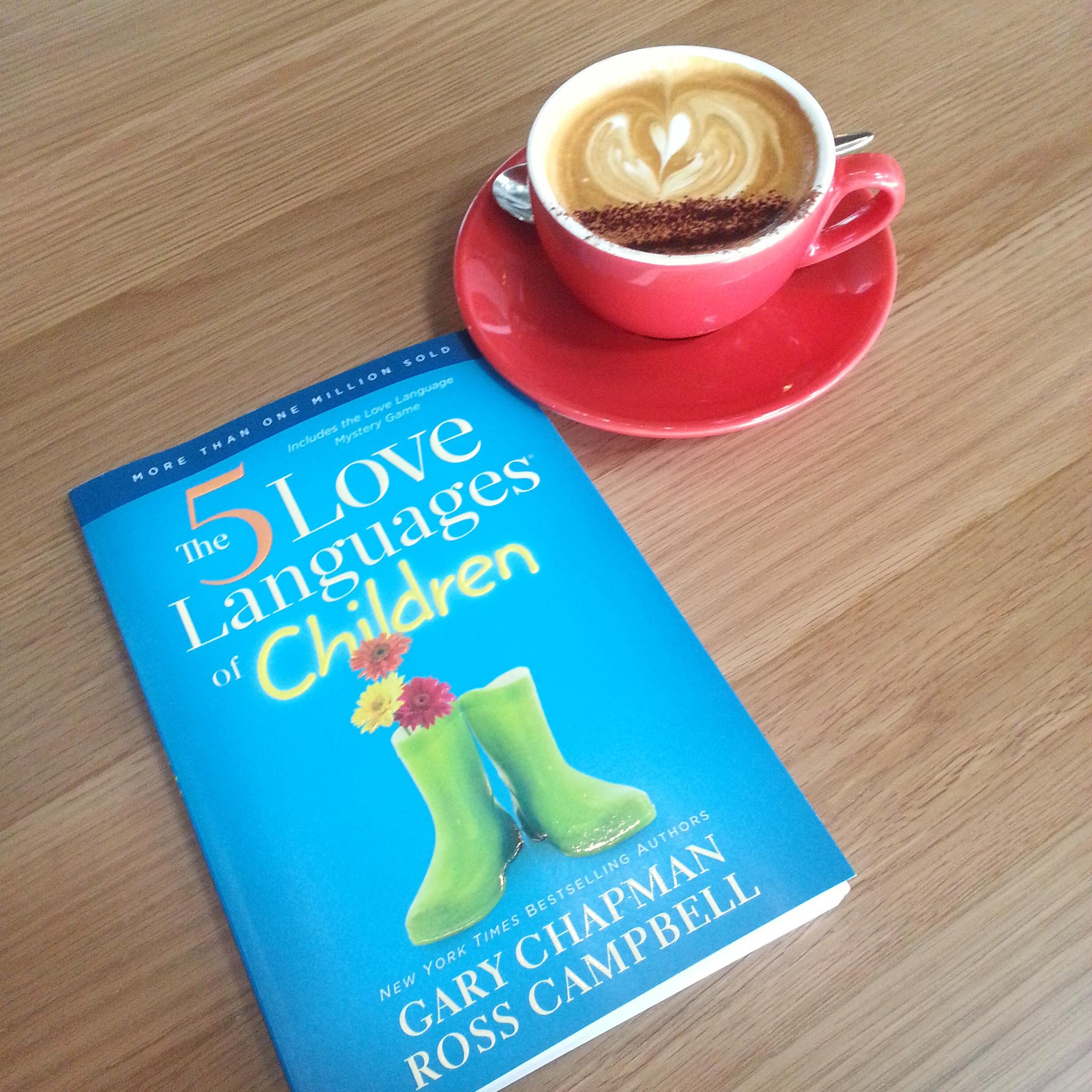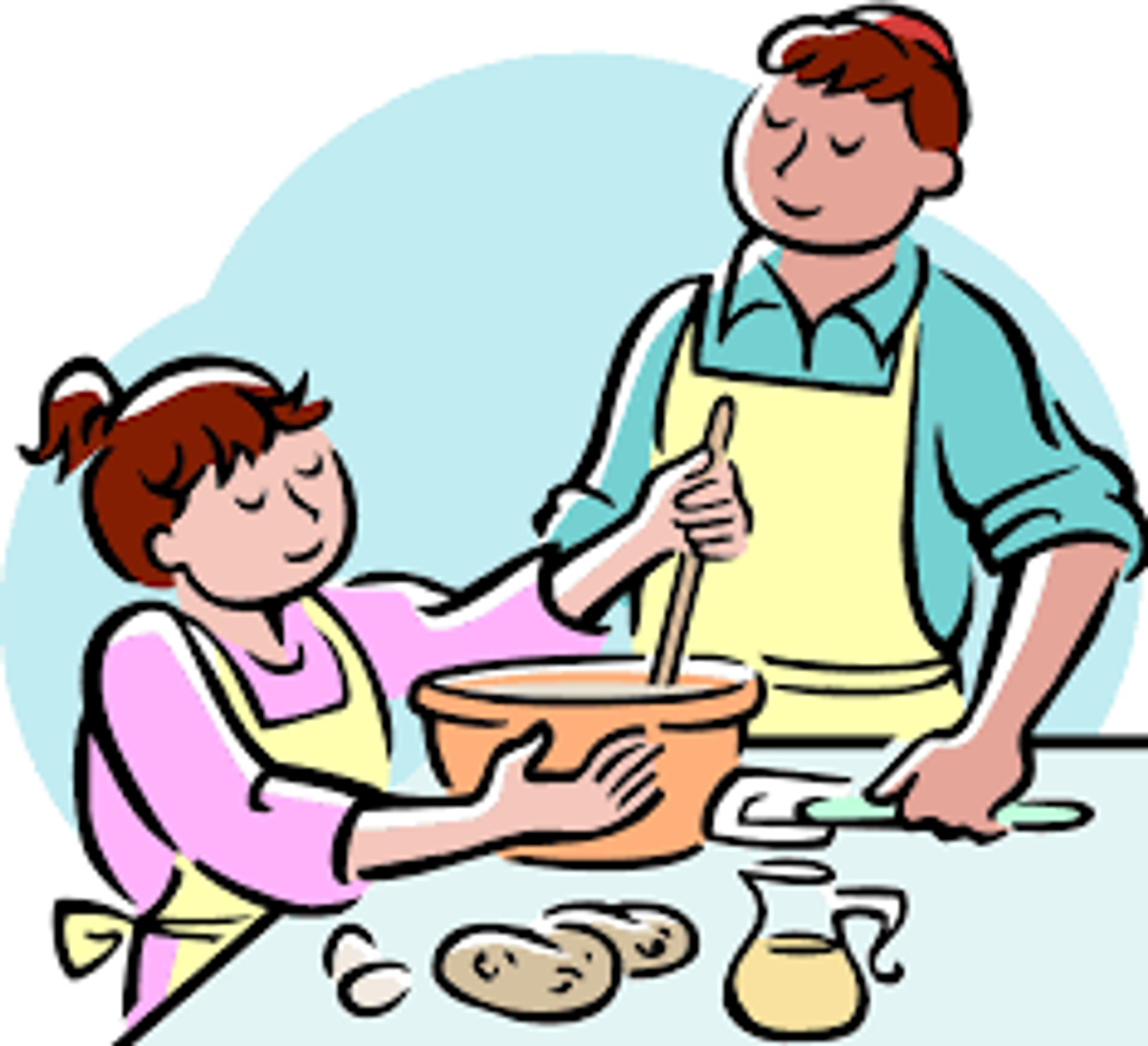Wellbeing - Building Strong Relationships

Acts of Service
The final language in our series on the Love Languages of Children is ‘Acts of Service’. Of course most of us will think ‘isn’t that just called parenting when you do things for your children that they can’t do themselves.’ In the early stages of life as children continually do things for the first time, we are required, as parents, to do things for our children they can’t do themselves. As they get older however, parents can equip their children to be able to do these things for themselves. For a child with this love language, parents need to identify which activities are important enough to that child, that your involvement is actually an incredible boost to their emotional love tank.
So, whilst the list of errands, tasks and taxi runs is never ending as a parent, the ability to go over and above in order to serve your child in ways that are important to them may just be the most crucial thing you can do to fill their love tank.
If your child’s primary love language is Acts of Service, it can, however, be a balancing act, as it does not mean that you must automatically jump at their every request. We all want to ensure that children are equipped with the skills to manoeuvre through their life journey, so empowering children to fend for themselves is crucial, however if your child’s love language is Acts of Service, then don’t underestimate the power of saying to them “How can I serve you today?”
Serving children will be different for each child so, as per all of the love languages, there is no ‘one size fits all’ rule as to how to serve and it is always important that it is not perceived as a chore or a reward, but rather just a parent trying to bless their child.
Examples might include:
- Assisting him/her to complete a homework task
- Return the football, soccer ball, cricket ball whilst they work on their skills
- Making their lunch for them one day when they normally make their own
- Do their chores for them (as an act of service)
- Cooking their favourite meal for no special reason
- Make them breakfast in bed
- Fixing something of theirs which is broken
“Your children will sense how you feel about them by how you behave toward them” (Chapman, Love Languages for Children)
The good news is that acts of service may represent the best opportunity of the 5 Love Languages for teaching our kids valuable life lessons. Lessons such as:
- Attitude is a choice. Serving someone when you don’t feel like it is a great gift.
- Serving someone who could never repay you (kids included) is modelling generosity.
- Teaching kids to serve others influences their social conscience and balances out our natural selfish tendencies.
- When kids ask for our help, they’re asking for us to fill their emotional tank.
- Teach them how to receive acts of service with gratitude.
- Hospitable adults come from parents who model hospitality.
This is the final instalment of the Love Languages series. It is a valuable tool as parents and partners in order to communicate love to those around us and also to understand how you personally like to receive love.
To discover someone’s primary language, note the following:
- Observe how they express love to you.
- Observe how they express love to others.
- Listen to what they request most often.
- Notice what they complain about the most.
- Give them choices between two options.
You need to show love in all five ways, but try to discover the person’s primary language (or top two or three) and whilst your child is under 5 years old, try to hit all five languages.
If you are interested in knowing your child’s love languages then sit down with them and complete the survey via the link below. http://www.5lovelanguages.com/profile/




